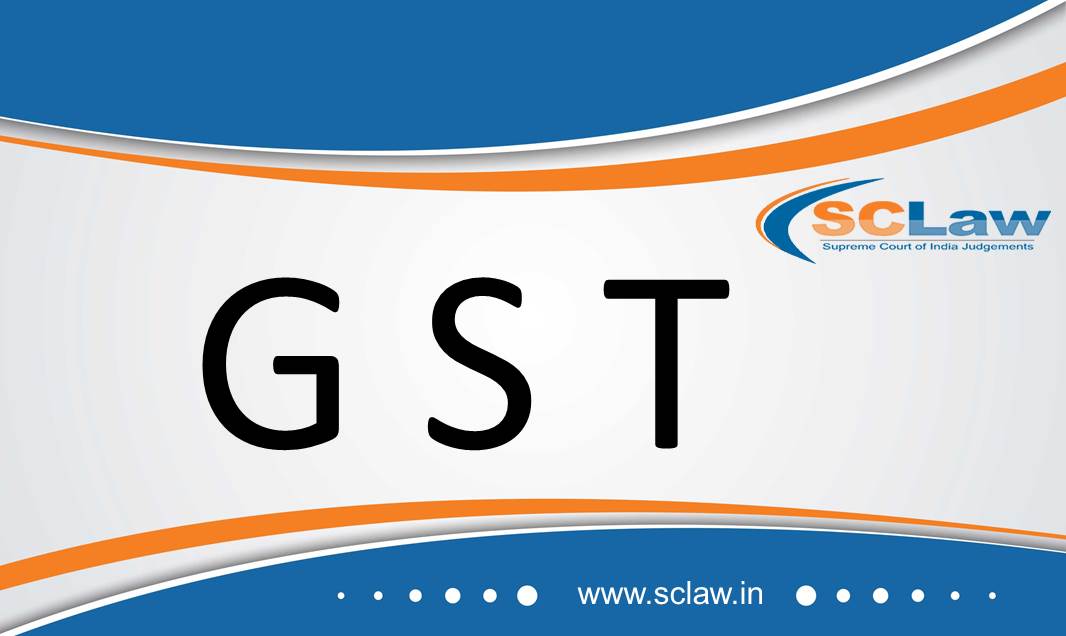Goods and Services Tax (GST) — Exemption Notification — Notification No. 9/2017- Integrated Tax (Rate) dated 28.06.2017 — Entry 13 — Exemption on services by way of renting of residential dwelling for use as residence — Renting residential property as hostel to students/working professionals — Conditions for exemption: renting service, residential dwelling, and use as residence — The term “residential dwelling” is not defined under GST laws but refers to any residential accommodation for long-term stay, excluding commercial places, hotels, guesthouses for temporary stay — Property comprising 42 rooms rented out and sub-leased for use as hostel accommodation is considered a “residential dwelling” as its nature and use remain residential, not commercial accommodation like a hotel. (Paras 36, 46, 47, 50)
2025 INSC 1380 SUPREME COURT OF INDIA DIVISION BENCH THE STATE OF KARNATAKA AND ANOTHER Vs. TAGHAR VASUDEVA AMBRISH AND ANOTHER ( Before : J.B. Pardiwala and K.V. Viswanathan, JJ.…




